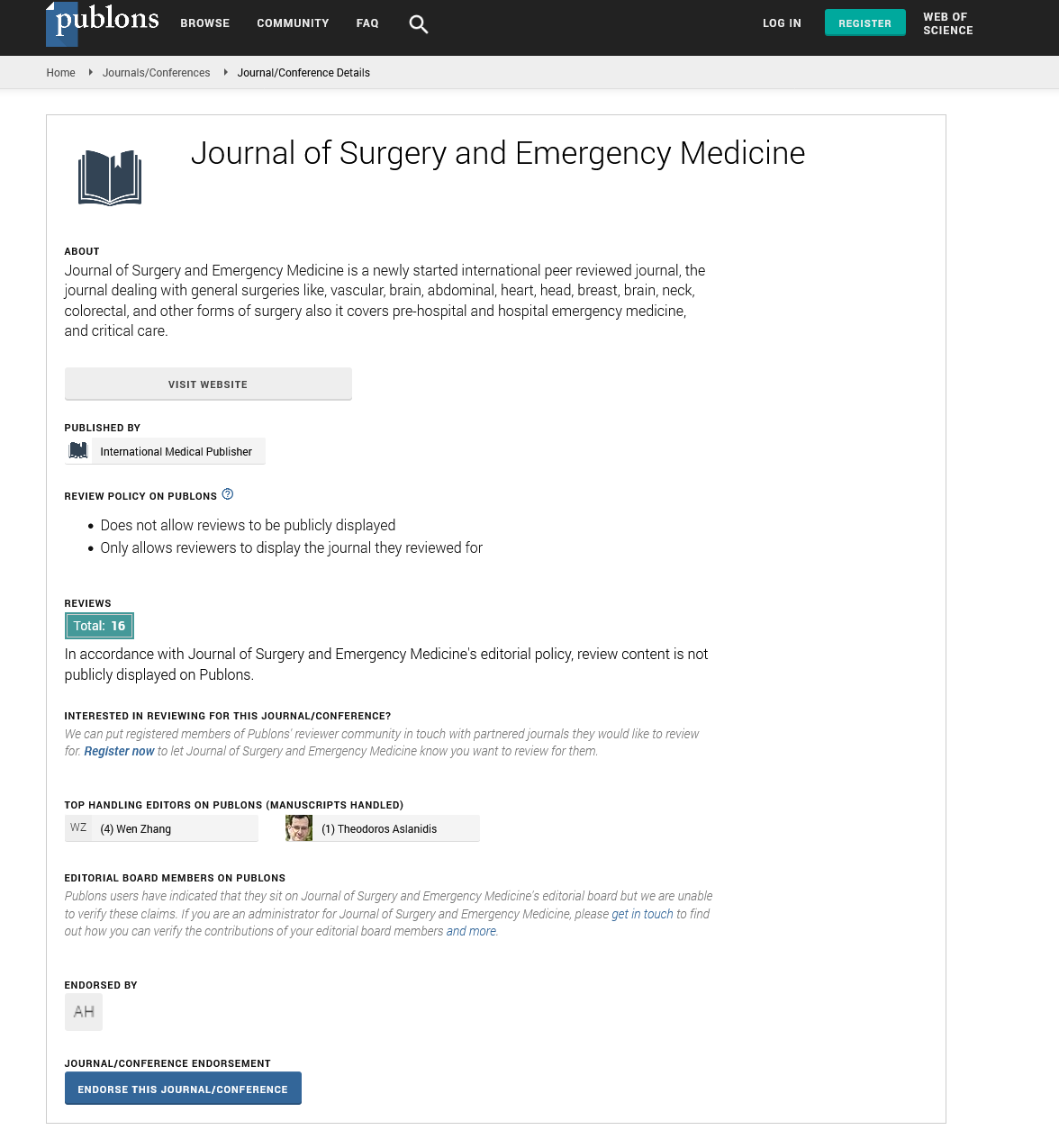Abstract
Longâ?ÂTerm Clinical Outcomes in a Cohort of Adults With Childhoodâ?ÂOnset Systemic Lupus Erythematosus
Although survival of childhood-onset SLE (cSLE) patients has greatly improved, morbidity is still high and questions of children and parents regarding the future course of the disease are difficult to answer. In our study of adults with cSLE, we show that most adults with cSLE patients have low disease activity but still need to use disease-modifying anti-rheumatic drugs. Many patients also still used corticosteroids, despite their self-reported aversion against the drug. Other disease-modifying anti-rheumatic drugs, as well as hydroxychloroquine, were also commonly used. SLE-related disease manifestations in specific organ systems (e.g. kidneys, central nervous system, cardiopulmonary system) mainly occurred within two years after diagnosis. Hereafter, organ systems were generally newly affected due to comorbidities or damage. Most cSLE patients developed damage as well as comorbidities (e.g. myocardial infarctions, infections) in their twenties or early thirties. Prevention of damage and comorbidities therefore needs to be initiated early in this patient group, by reducing cardiovascular risk factors, reducing infections by vaccination and reducing cumulative corticosteroid use when possible. Health-related quality of life (HRQOL) was negatively affected by higher disease activity and changes in physical appearance due to disease or medication specifically, and was hardly influenced by the presence of damage.
In addition, cSLE has a substantial impact on academic achievements and employment. More than 90% of the patients reported their school career to be hindered in some way, and many patients reported their choice of secondary education to be affected by their disease. The disease also had an impact on employment, as more than half of the patients had to stop working or reduce working hours due to cSLE. Both being unemployed and being work disabled had a negative impact on HRQOL. Helping patients to find an education and career suitable to their capabilities may help improve HRQOL, as well as support their active participation in the community
Author(s): Sylvia Kamphuis
Abstract | PDF
Share This Article
Google Scholar citation report
Citations : 131
Journal of Surgery and Emergency Medicine received 131 citations as per Google Scholar report
Journal of Surgery and Emergency Medicine peer review process verified at publons
Abstracted/Indexed in
- Google Scholar
- Publons
Open Access Journals
- Aquaculture & Veterinary Science
- Chemistry & Chemical Sciences
- Clinical Sciences
- Engineering
- General Science
- Genetics & Molecular Biology
- Health Care & Nursing
- Immunology & Microbiology
- Materials Science
- Mathematics & Physics
- Medical Sciences
- Neurology & Psychiatry
- Oncology & Cancer Science
- Pharmaceutical Sciences
